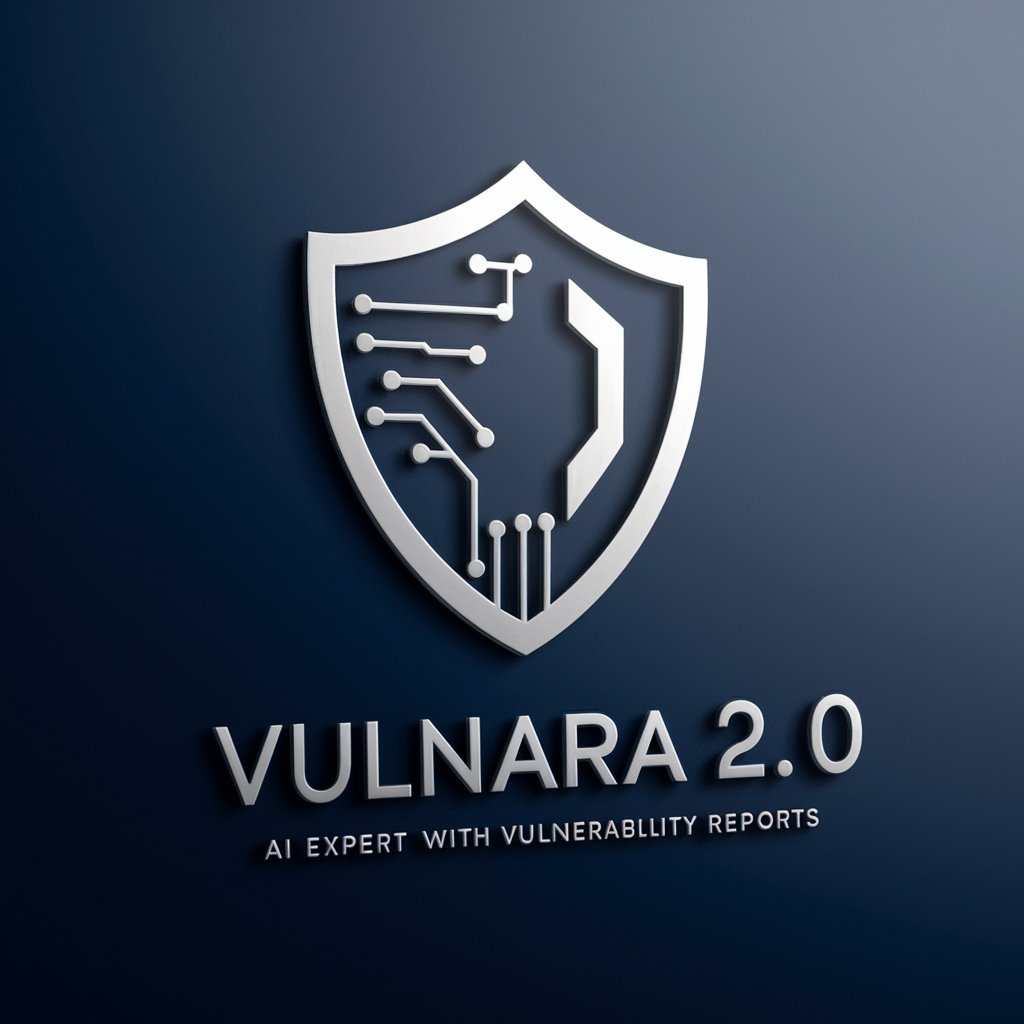6 GPTs for Vulnerability Research Powered by AI for Free of 2026
AI GPTs for Vulnerability Research are advanced tools designed to assist in identifying, analyzing, and mitigating vulnerabilities in software and systems. Leveraging Generative Pre-trained Transformers (GPTs), these tools are adept at understanding and processing complex technical data, making them highly relevant for tasks in vulnerability research. They provide tailored solutions by automating the detection of security flaws, suggesting fixes, and enhancing the overall security posture of digital assets.
Top 6 GPTs for Vulnerability Research are: SentinelBOT,Vulnara 2.0,Exploit Engineer,Security Copilot,Bug Bounty Helper,Latest Cyber Threats
SentinelBOT
Empowering Cyber Defense with AI

Vulnara 2.0
Deciphering Cyber Threats with AI

Exploit Engineer
AI-Powered Exploit Analysis and Mitigation

Security Copilot
Empowering cyber-defense with AI.

Bug Bounty Helper
AI-powered bug bounty insights

Latest Cyber Threats
AI-powered Cybersecurity Insights

Key Attributes and Capabilities
AI GPTs tools for Vulnerability Research are equipped with several core features that make them invaluable in the cybersecurity field. These include natural language processing for analyzing technical documentation and code, adaptability to various cybersecurity tasks from simple vulnerability assessments to complex threat analysis, and specialized features for automated vulnerability detection and reporting. Furthermore, these tools can integrate with existing security workflows, offering customized alerts and insights to bolster security measures.
Who Benefits from AI GPTs in Vulnerability Research?
The primary beneficiaries of AI GPTs tools for Vulnerability Research include cybersecurity novices, software developers, and seasoned security professionals. These tools are accessible to those without extensive coding skills, providing a user-friendly interface for vulnerability detection and analysis. Additionally, they offer advanced customization options for users with programming expertise, making them a versatile resource in the cybersecurity toolkit.
Try Our other AI GPTs tools for Free
Pentesting Assistance
Explore AI GPTs for Pentesting Assistance, leveraging cutting-edge AI to enhance cybersecurity measures through automation, customized solutions, and expert guidance.
Reconnaissance
Explore AI GPTs for Reconnaissance: transformative tools designed for strategic intelligence gathering, offering predictive analytics, real-time insights, and customizable features for professionals across fields.
Outfit Generation
Discover the future of fashion with AI GPTs for Outfit Generation: your digital stylist for personalized, trend-forward outfit suggestions.
Term Simplification
Discover how AI GPTs for Term Simplification make complex information understandable for everyone, enhancing learning and accessibility.
Client Integration
Discover how AI GPTs for Client Integration can transform your business with automated, intelligent client engagement solutions. Streamline interactions and personalize services effortlessly.
Spiritual Enrichment
Explore how AI GPTs for Spiritual Enrichment can transform your spiritual journey with personalized guidance, meditation aids, and sacred text interpretations.
Beyond the Basics: Insights into AI GPTs and Vulnerability Research
AI GPTs tools for Vulnerability Research offer a user-friendly gateway to advanced cybersecurity measures, bridging the gap between technical expertise and effective vulnerability management. Their integration capabilities with existing systems and workflows allow for seamless adoption, enhancing not just security postures but also operational efficiency across sectors.
Frequently Asked Questions
What exactly are AI GPTs for Vulnerability Research?
AI GPTs for Vulnerability Research are specialized tools using artificial intelligence to identify and mitigate security vulnerabilities in software and systems. They leverage natural language processing and machine learning to analyze code, detect flaws, and provide security insights.
How do these tools improve vulnerability research?
They automate the detection of vulnerabilities, reduce manual labor in security assessments, provide comprehensive analysis of potential threats, and suggest actionable fixes, thereby enhancing the efficiency and effectiveness of vulnerability research.
Can non-programmers use these AI GPTs tools effectively?
Yes, these tools are designed with user-friendly interfaces that allow non-programmers to conduct vulnerability research effectively, making cybersecurity more accessible to a wider audience.
How customizable are AI GPTs for advanced users?
Advanced users can customize these tools extensively, including setting parameters for vulnerability scanning, integrating with other security tools, and modifying the AI's learning process to suit specific security needs.
What makes AI GPTs unique in Vulnerability Research?
Their ability to process and analyze large volumes of data using natural language, adapt to a wide range of security tasks, and provide actionable insights makes them unique and valuable for vulnerability research.
Can AI GPTs replace human security experts?
While AI GPTs significantly enhance vulnerability research by automating various tasks, they complement rather than replace human experts, who are essential for interpreting complex findings and making strategic decisions.
How do AI GPTs stay updated with the latest security trends?
These tools continuously learn from new data, security feeds, and user inputs, allowing them to stay updated with the latest vulnerabilities, exploits, and patches.
What are the limitations of using AI GPTs in Vulnerability Research?
Limitations include potential biases in the AI models, the need for regular updates to keep the AI trained on the latest threats, and the requirement for human oversight to interpret and act on the findings accurately.